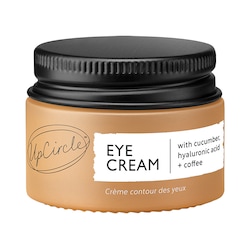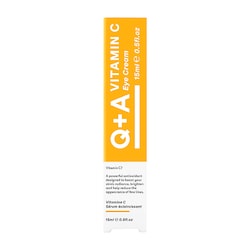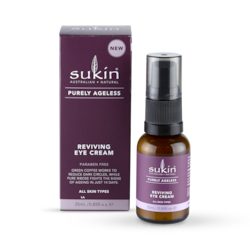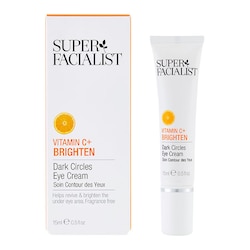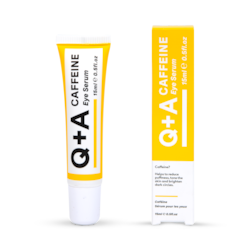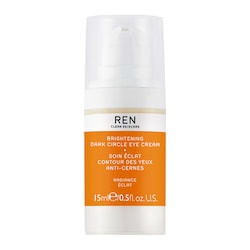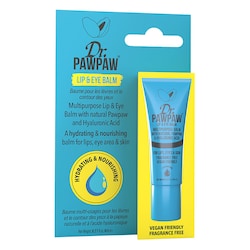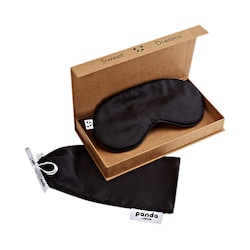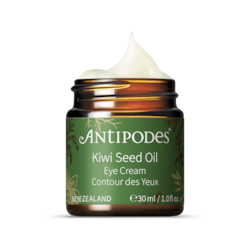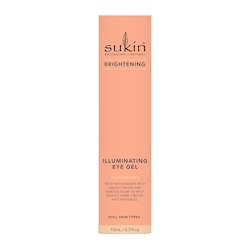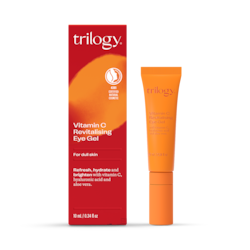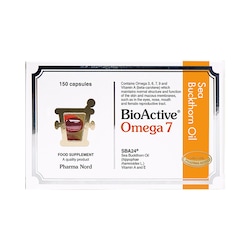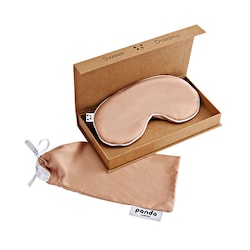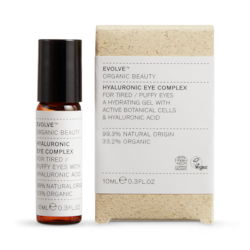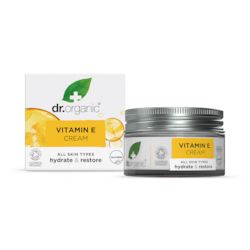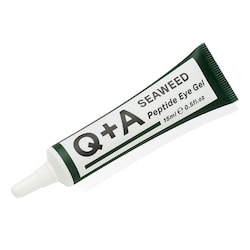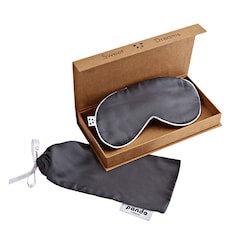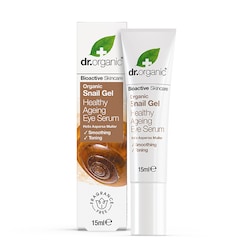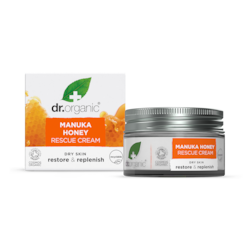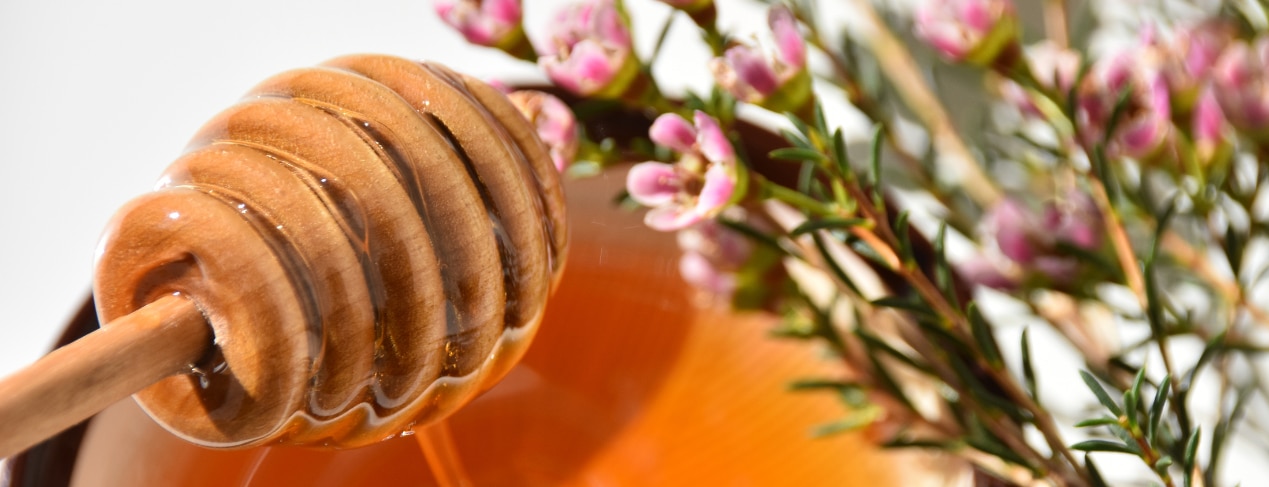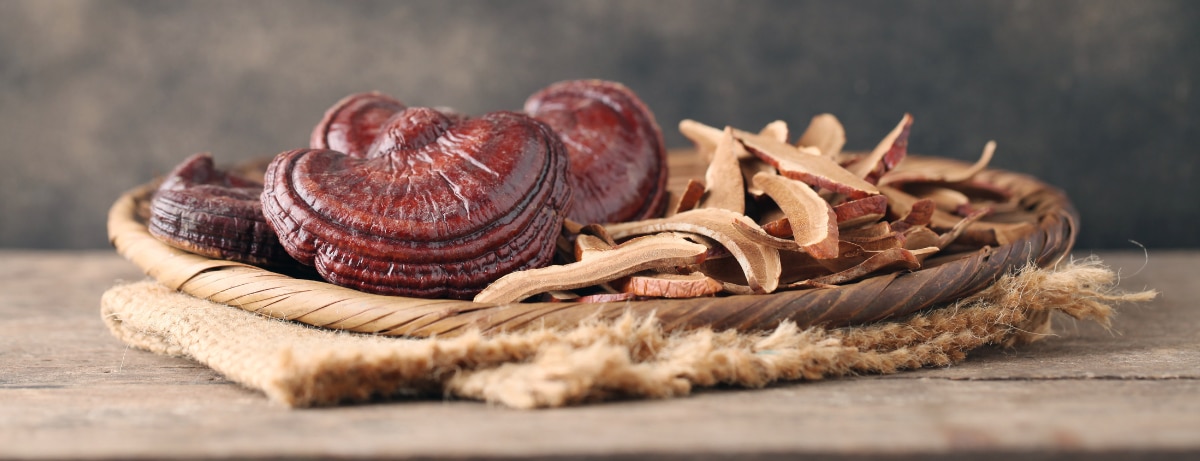20% off £30
Code:QUICK
Quercetin: benefits, dosage, side-effects & foods
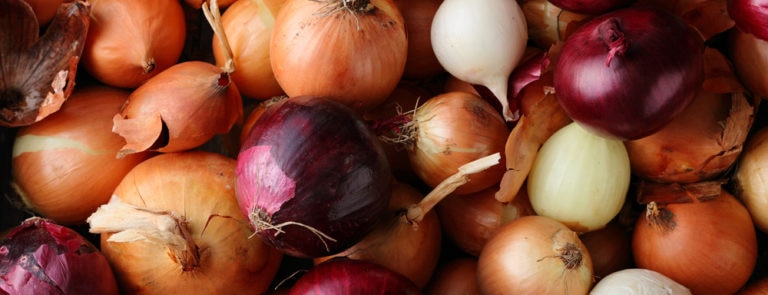
Quercetin is a natural chemical found in plants, foods and many other natural products. This guide will tell you how you can find it, how much you need and its proposed health benefits.
Summary
1What is quercetin used for?
Quercetin is the most abundant flavonoid in our diet. People typically get between five and 40 milligrams a day from food. However, if you eat lots...
2What does quercetin do in the body?
Researchers are still investigating the effects of quercetin, but we’ve found 5 benefits that quercetin has been linked to through scientific study:
3When to take quercetin supplements
You may decide to take quercetin supplements if your diet lacks fruit and vegetables. Don’t take quercetin if you are pregnant or breastfeeding as...
Quercetin is a plant pigment which is found in many plants and common foods.
It’s a great antioxidant and does a great job in helping your body combat free radical damage, which are linked to chronic diseases.
In this article you’ll find all you need to know about quercetin, including what it does, the benefits to taking it and how much you might need
What is quercetin?
Quercetin known as a flavonoid, which is a natural chemical found in plants that has been shown to have a wide number of health benefits.
Flavonoids are a group of natural substances with variable phenolic structures, they’re found in:1
- Fruit
- Vegetables
- Grains
- Bark
- Roots
- Stems
- Flowers
- Tea
- Wine
These natural products have been linked to beneficial effects on health, these include:
- Managing allergies
- Improving immunity
- Supporting exercise performance
- Maintaining general health
The beneficial effects of flavonoids, like quercetin, come from their antioxidant content.
Antioxidants are what your body needs to battle against free radicals in your body.
In addition to functioning as a flavonoid, quercetin is also a phytoestrogen.
This means that, in women, it can weakly bind to the body’s estrogen receptors and mimic the effects of the hormone estrogen on the body.2
Quercetin is available as a stand-alone supplement, in some multivitamin complexes or in combination with other nutrients, for example vitamin C, which has been shown to improve the gut’s absorption of quercetin.3
Summary
- Quercetin is a flavonoid which is a natural chemical found in plants.
- It’s a great antioxidant, which helps your body fight free radicals.
What is quercetin used for?
Quercetin is the most abundant flavonoid in our diet.
People typically get between five and 40 milligrams a day from food. However, if you eat lots of fruit and vegetables, it's possible that you can get as much as 500mg per day.4
So, it's not really a case of what is it used for. It’s more of a case of how it benefits you.

While many studies into the health benefits of quercetin are positive, it is thought that there is more research needed to qualify these studies.5
Summary
- You will typically get between five and 40mg a day
- However, if you eat a lot of fruit and veg then it's likely you can get as much as 500mg of quercetin per day
What does quercetin do in the body?
Researchers are still investigating the effects of quercetin, but we’ve found 5 benefits that quercetin has been linked to through scientific study:
Five suggested benefits of quercetin
According to a 2008 study by Maastricht University, Netherlands, quercetin acts as a powerful antioxidant, helping to protect cells from damage by free radicals: unstable molecules that can age the body and may lead to serious health conditions.6
A meta-analysis of seven trials carried out by the USA’s University of Alabama in 2016 reported that taking 500mg or more of quercetin a day significantly reduced blood pressure levels.
How this happens is still not fully understood but one theory is that quercetin may act on cells that control blood vessel contraction and dilation, improving blood flow.7
Quercetin stimulates the immune system and restricts the release of histamine in the body, relieving allergy symptoms in conditions like hay fever, according to a 2016 study published in Molecules.8
A 2017 study in Microbiology Research found the phytonutrient could prevent the replication of bacteria, including E. Coli.
In addition, a 2014 review by the University of Michigan, USA, suggested quercetin also blocked several respiratory viruses from replicating inside the body, including the common cold and flu.9
According to a 2019 review of studies, published in Phytotherapy Research, taking 500mg or more of quercetin daily for at least eight weeks reduced blood glucose levels in people with metabolic syndrome.
These people have an increased risk of developing heart disease, stroke and diabetes.10
- Quercetin has many proposed health benefits – while there is little evidence at the moment to prove this fully, one UK study has found that quercetin has anti-bacterial properties.
Quercetin in foods
The body doesn’t make quercetin naturally, so you have to get it from foods. We’ve picked out 20 of the best sources of quercetin for you to add into your diet.11
- Capers (highest concentrated source)
- Red onions (highest vegetable source
- Citrus fruits
- Shallots
- Grapes
- Berries
- Cherries
- Spring onion
- Kale
- Tomatoes
- Broccoli
- Brussel sprouts
- Cabbage
- Bell peppers (green and yellow)
- Nuts (almonds and pistachios)
- Asparagus (cooked has slightly more)
- Buckwheat
- Black tea
- Green tea
- Elderberry tea
You can also find quercetin in certain herbal remedies, such as St John’s wort and gingko biloba.
How much quercetin is safe to take?
You should be able to get plenty of quercetin from eating a diet rich in fruit and vegetables.
However, if you prefer to take a supplement, doses of 500-1000mg a day are considered safe.12
When to take quercetin supplements
You may decide to take quercetin supplements if your diet lacks fruit and vegetables.
Don’t take quercetin if you are pregnant or breastfeeding as there isn’t enough evidence to show it’s safe.
Quercetin can interact with certain medications, so speak to your GP before taking quercetin supplements.
Side-effects of quercetin?
Quercetin is considered safe to take for healthy people. However, it can have side- effects including:14
- Headaches
- Nausea
- Numbness
- Tingling
- Shortness of breath (intravenous use)
The final say
Quercetin is the most abundant dietary flavonoid. Flavonoids are found in plants, fruit, veg and various other foods.
It’s been suggested to have antibacterial properties.
Though its benefits seem promising, more human research is needed.
The advice in this article is for information only and should not replace medical care. Please check with your GP or healthcare professional before trying any supplements, treatments or remedies. Food supplements must not be used as a substitute for a varied and balanced diet and a healthy lifestyle.
- https://www.ncbi.nlm.nih.gov/pmc/articles/PMC5465813/
- https://www.longdom.org/open-access/quercetin-a-promising-treatment-for-the-common-cold-2329-8731.1000111.pdf
- https://www.ncbi.nlm.nih.gov/pmc/articles/PMC3249911/
- https://www.sciencedirect.com/topics/pharmacology-toxicology-and-pharmaceutical-science/quercetin
- https://www.sciencedirect.com/topics/pharmacology-toxicology-and-pharmaceutical-science/quercetin
- https://www.webmd.com/vitamins-and-supplements/quercetin-uses-and-risks
- https://www.webmd.com/vitamins-and-supplements/quercetin-uses-and-risks
- https://pubmed.ncbi.nlm.nih.gov/18417116/
- https://www.ahajournals.org/doi/pdf/10.1161/JAHA.115.002713
- https://pubmed.ncbi.nlm.nih.gov/27187333/
- https://www.longdom.org/open-access/quercetin-a-promising-treatment-for-the-common-cold-2329-8731.1000111.pdf
- https://pubmed.ncbi.nlm.nih.gov/30848564/
- https://www.mindbodygreen.com/articles/quercetin-foods
- https://www.ncbi.nlm.nih.gov/pmc/articles/PMC5465813/


